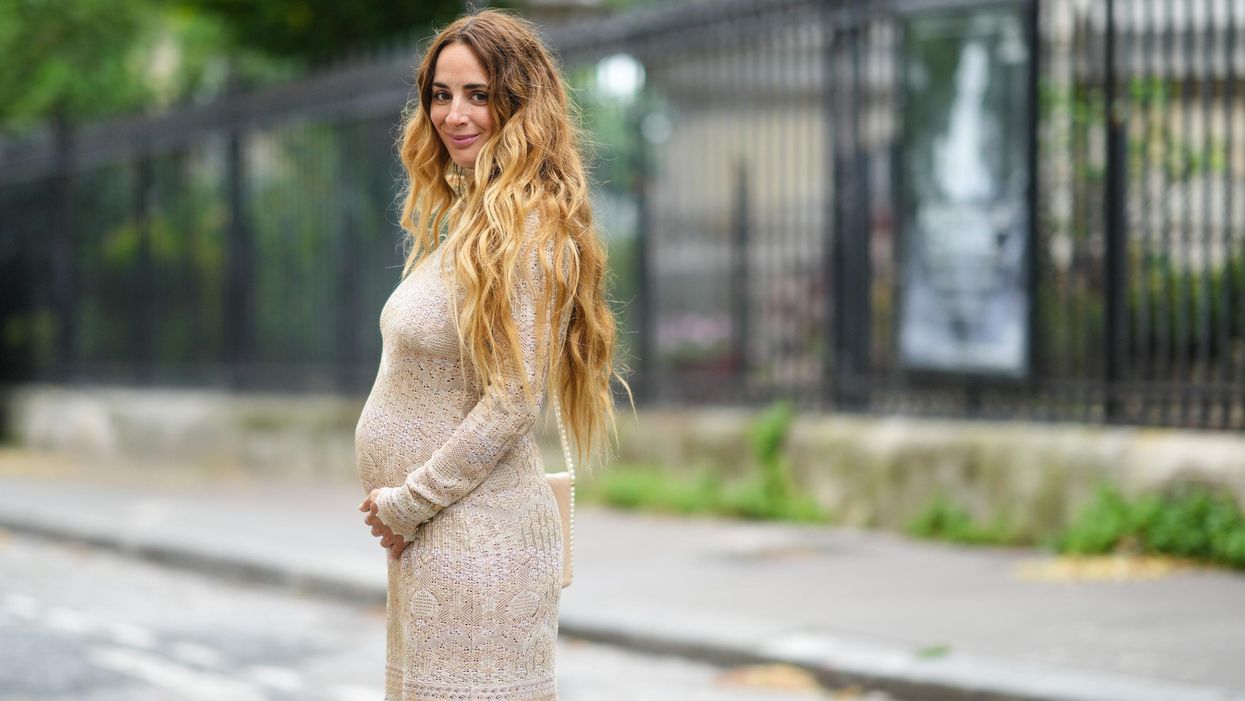Is the Fertility Cliff a Myth?
The precipice we’ve all heard about might be little more than a fable.

As anyone who wants kids will tell you, the fertility cliff looms large. We're told over and over that 35 is the magic number, and that women need to get pregnant before then—or risk losing their chance. But according to some OB/GYNs, the "fertility cliff" is an outdated concept.
Just how outdated is it? We investigated the myth with Dr. Lauren Bishop of Columbia University Fertility Center.
So—is the fertility cliff a myth?
Yes and no, Dr. Bishop tells. “Pregnancy outcomes do change after age 35,” she says. “The quality of the eggs starts to decline at this point, and we know this because women over 35 are at a higher chance of having a miscarriage.”
But the idea that fertility starts to rapidly go downhill on your 35th birthday is a myth. Dr. Bishop describes it more of a gentle slope than a steep rock face. “It’s certainly not a steep cliff,” she says. “You don’t turn 35 and something drastic happens to the ovaries. It’s a gradual decline that increases with age.”
In other words: Yes, the quality of your eggs may begin to decline gradually after you turn 35. But it’s important to keep in mind that every woman is different. After 35, Dr. Bishop says, some eggs that are released “start making mistakes, and the pregnancies that result from those eggs are not able to continue to grow and result in healthy babies.”
How should we be thinking about fertility in this day and age?
The year I turned 28, my OB/GYN at the time unceremoniously informed me that this was the last best year of my fertility—that all the years after 28 were less and less viable, pregnancy-wise. Needless to say, I don’t see that doctor anymore.
That said, I asked Dr. Bishop to tell me exactly when and how we should start thinking more critically about fertility. “Mid-thirties is a really good time to start thinking about fertility preservation,” she says.
“If you’re not desiring pregnancy right now, it’s a nice option to feel less pressure from a ‘ticking clock,’” Dr. Bishop says. “The amount of eggs that we would recommend freezing will depend on the age at which you are undergoing treatment.”
Younger women can generally freeze fewer eggs, because there’s a higher chance that the eggs they do freeze will be viable. “For instance, the recommendation will be different for a 31-year-old compared to a 41-year-old,” Dr. Bishop says. “Since the quality of eggs declines with age, we’d recommend freezing more eggs at 41 to have a greater chance of having a successful pregnancy using them in the future.”
What can we do to encourage fertility into later years?
“There are many treatment options for women having difficulty achieving a pregnancy, such as intrauterine inseminations, or IVF,” Dr. Bishop says. Though you can’t necessarily augment what you already have, you can work with a fertility specialist to ensure you’re doing all you can to keep your options open.
”Women are born with all the eggs that they will have and the quality will decline with time,” Dr. Bishop says. “There aren’t a lot of treatment options to improve the quality of the eggs, but these interventions can increase your chance of success.”
If you didn’t freeze your eggs when you were like, 21, and you’re wishing you had, Dr. Bishop says not to worry: “Fertility preservation is a great option in the mid-thirties.” It’s really only in later years that egg preservation gets dicier. “The quality of the eggs continues to decline more drastically in the forties,” she adds.
So, if your doctor/mom/aunt/some rando on the street told you that your fertility drops off at 35, remember that isn’t necessarily true these days. And you can tell them to keep their opinions to themselves next time.
Photo: Getty
Want more stories like this?
Hacking Your Hormonal Rhythm Could be the Key to Living Your Best Life
We Tried It: I Took a Blood Test to See How Fast I’m Aging
Ballet May be the Fix to Your WFH Back Issues




